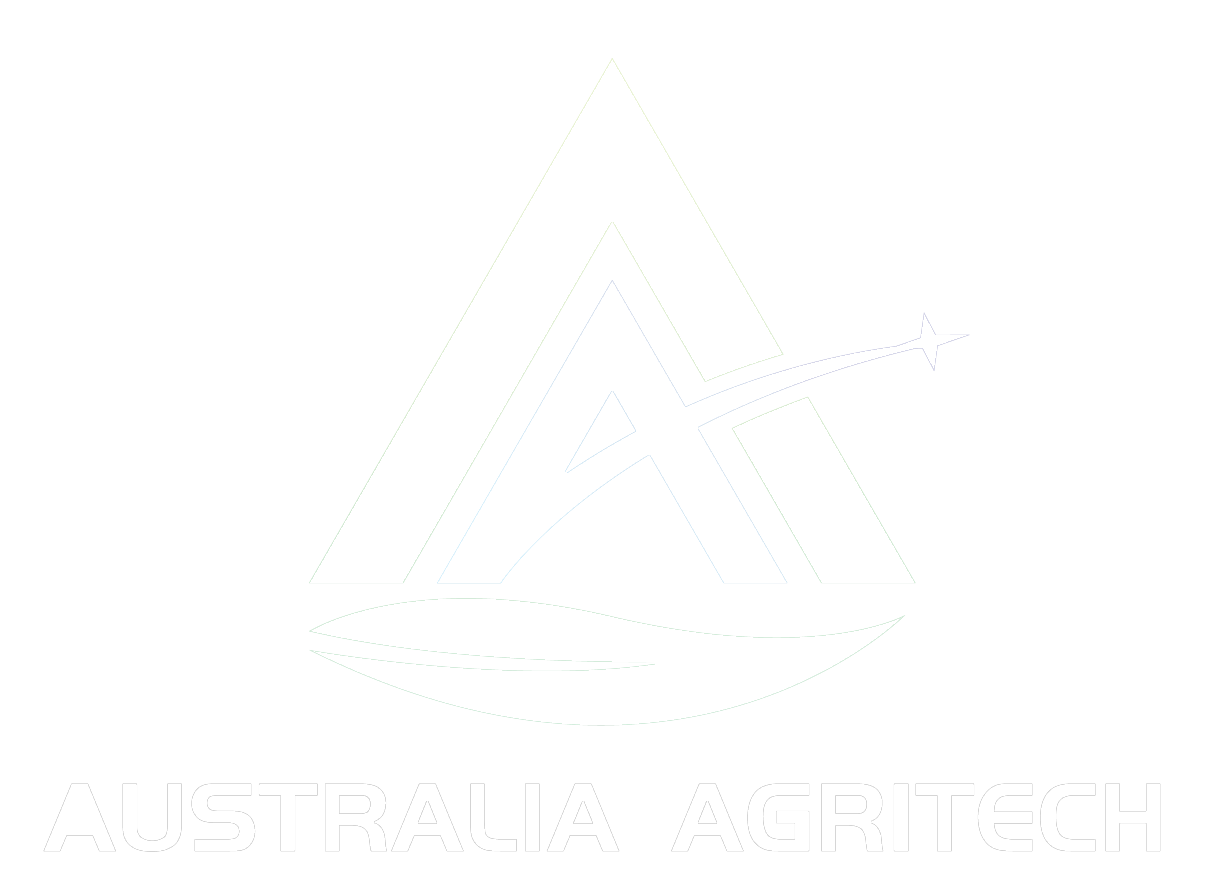In May 2024, West Australian agricultural drone specialist Australia Agritech gathered members of the state farming community to launch the latest T25 and T50 agricultural drones from DJI to the region. The day included product displays, presentations, and a live spraying demo across the Pinelli Estate wine vineyard in Caversham, WA.
Local event to launch the new T50 and T25 drones
Australia Agritech is a Tier-1 distributor of DJI Agriculture drones and works with a range of industry partners to deliver advanced drone solutions to transform farming businesses throughout the WA region.

DJI is currently the world leader in the manufacture of agricultural drones, deployed across the globe on farms to boost productivity and efficiency, whether for crop monitoring, soil analysis, or precision farming.
As Head of Global Sales at DJI Agriculture, Yuan Zhang stated at their recent product launch, "With our proven solutions for crop protection, family farmers and large-scale growers can improve yields, reduce chemical usage, and cut costs, while minimising environmental impact."
So, when DJI released their new AGRAS T25 and T50 drone models for automated crop protection, fertilisation, and seeding, Australia Agritech jumped at the opportunity to hold an event to present them to the WA market.
New and improved tech building on previous models
The AGRAS T40 was previously DJI’s flagship device in agriculture technology for automating crop protection, fertilisation, and seeding. However, DJI has now built on the success of the T40 in their next-generation models.

The upgraded T50 is equipped with a 40-litre spraying capacity and a 50 kg dry particle spreading capacity, with a faster max flight speed of 10 meters per second. It has a slightly increased 75-litre spreading volume but double the max spray rate at 24 litres per minute. This is ideal for operations covering large areas.
Additional improvements include smoother spreading, eliminated leakage, faster refills and recharging, as well as improved terrain sensing and obstacle avoidance.
The light and nimble T25 mirrors the functionality and design of the T50, but weighing just 25 kg, it now offers a more compact option designed with solo operators in mind. It has a 20-litre spraying and 25 kg spreading capacity with a max spray rate of 16 litres per minute, ideal for improving operational efficiency for medium and small-scale fields.
Both drones are designed to revolutionise agriculture practices, increasing efficiency and productivity.
Excitement shared about the T50’s new capabilities
Attendees at the launch event at Pinelli Estate shared a range of impressions after seeing the new drones up close and in action spraying across the vineyard.
Mike Carter, Head of International Trade and Investment at the Chamber of Commerce and Industry of Western Australia, was taken aback by the size of the drones, “I had this image that they’d be the size of the drones that you see in Harvey Norman. To see drones of this size for commercial applications made it pretty clear to me that this is tomorrow's smart farming.”

Rhys Muir from spraying services company MPC Agriculture in Manjimup was very excited about the higher spraying rates from their recently purchased T50, “I think the higher dosage rates in horticulture will be our biggest thing, with the four atomizer nozzles. If we can do up over 20 litres per minute it means that we can maintain a pretty good flight speed at 40 litres to the hectare.
“There'll be a lot of guys who are impressed by the performance of it. There's a lot of people who think they're only going to do 2 or 3 hectares an hour. And we know very well that we can push these things up to well over 15 hectares an hour in the right conditions.”
Drone technology appeals to the younger generation
Damien Rushton from H. Rushton and Co. in Brookton felt the main challenge was just getting farmers to better understand drone technology. He felt confident that once farmers became familiar with them, they would figure out a multitude of value-generating uses for them on their own.
Phil Payne, who is a special adviser to Australia Agritech, is a great believer that drone technology is the way of the future for the agriculture industry and appeals to the younger generation.

Phil shared, “The use of drone technology has a number of advantages. It can clearly reduce farmers' capital outlay. It reduces the use of chemicals, it reduces labour time, it reduces damage to crops. It also makes some parts of a farm that were previously non-croppable, croppable.”
He went on to say, “I think some of the concerns I've heard from farmers today are about the capacity of the drones. They're used to machinery that carries thousands of litres. Whereas our drone capacity is about 50 litres maximum.
“But the precision of the drones means that you don't use as many chemicals, and while one drone is out working, you're filling up the tank for the other drone, and you can work them in tandem or work them in a squadron. And increasingly, that's a very efficient way
of doing the work that a farmer has to do.”
Seeking partners to advance industry drone adoption
Australia Agritech is dedicated to advancing the adoption of drone technology in the agriculture sector by establishing a network across Western Australia to provide support for innovation, supply chain management, after-sales service, and training.

Director Judy Zhu is passionate about the positive impact the adoption of drone technology could have on the farming industry in WA and is committed to expanding Australia Agritech’s services through regional partnerships.
Businesses interested in partnership and collaboration opportunities should reach out to Judy directly for more information.






